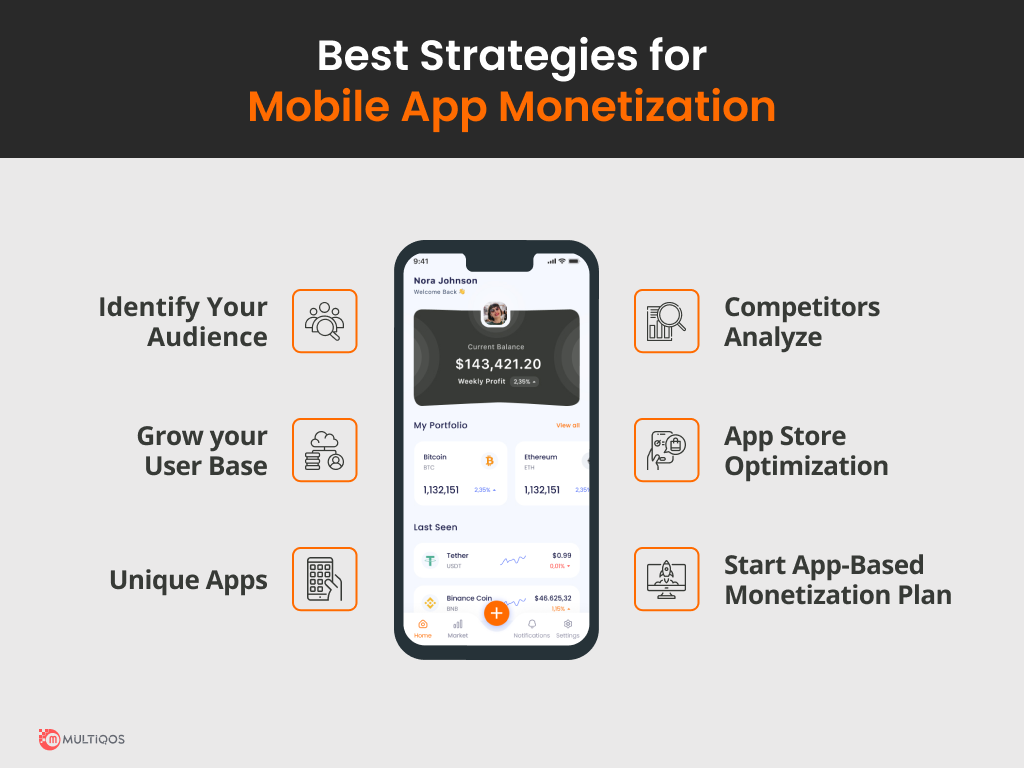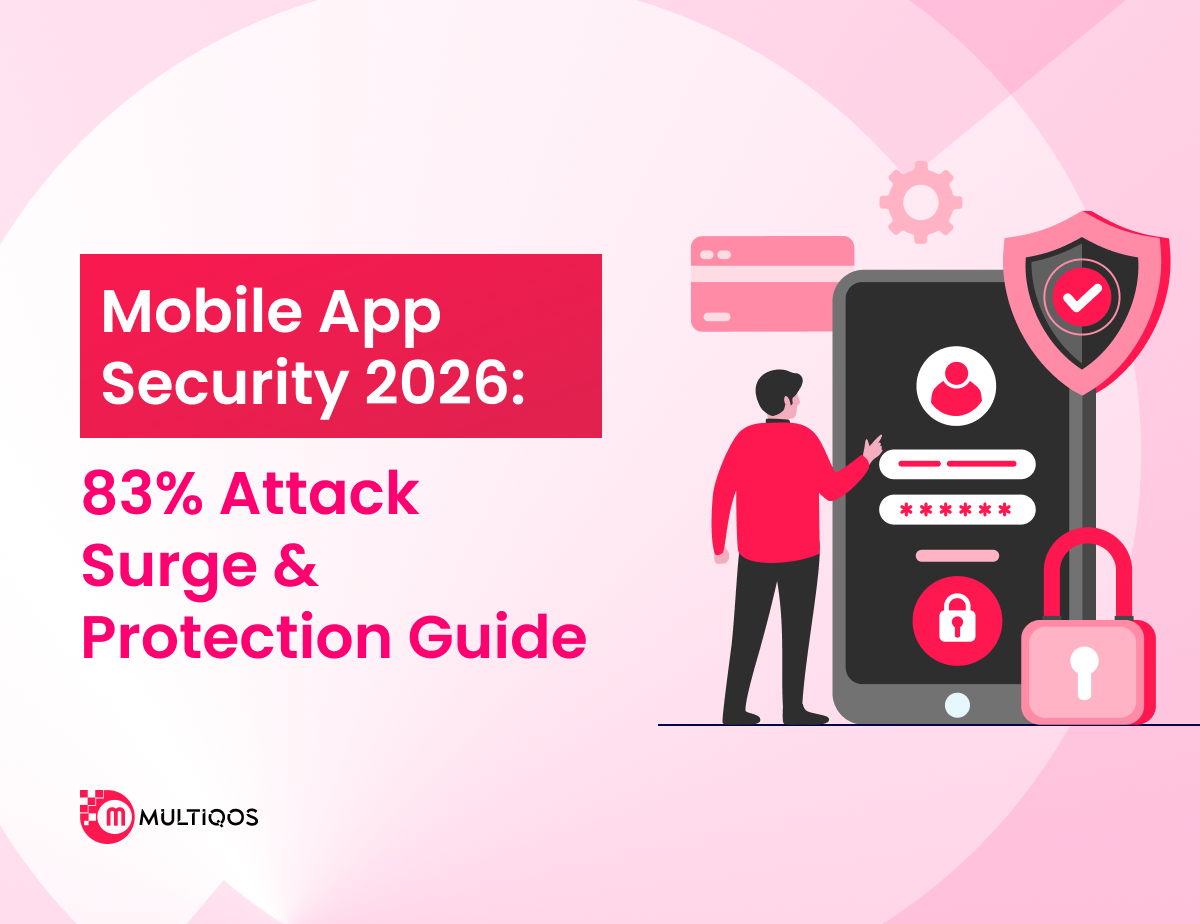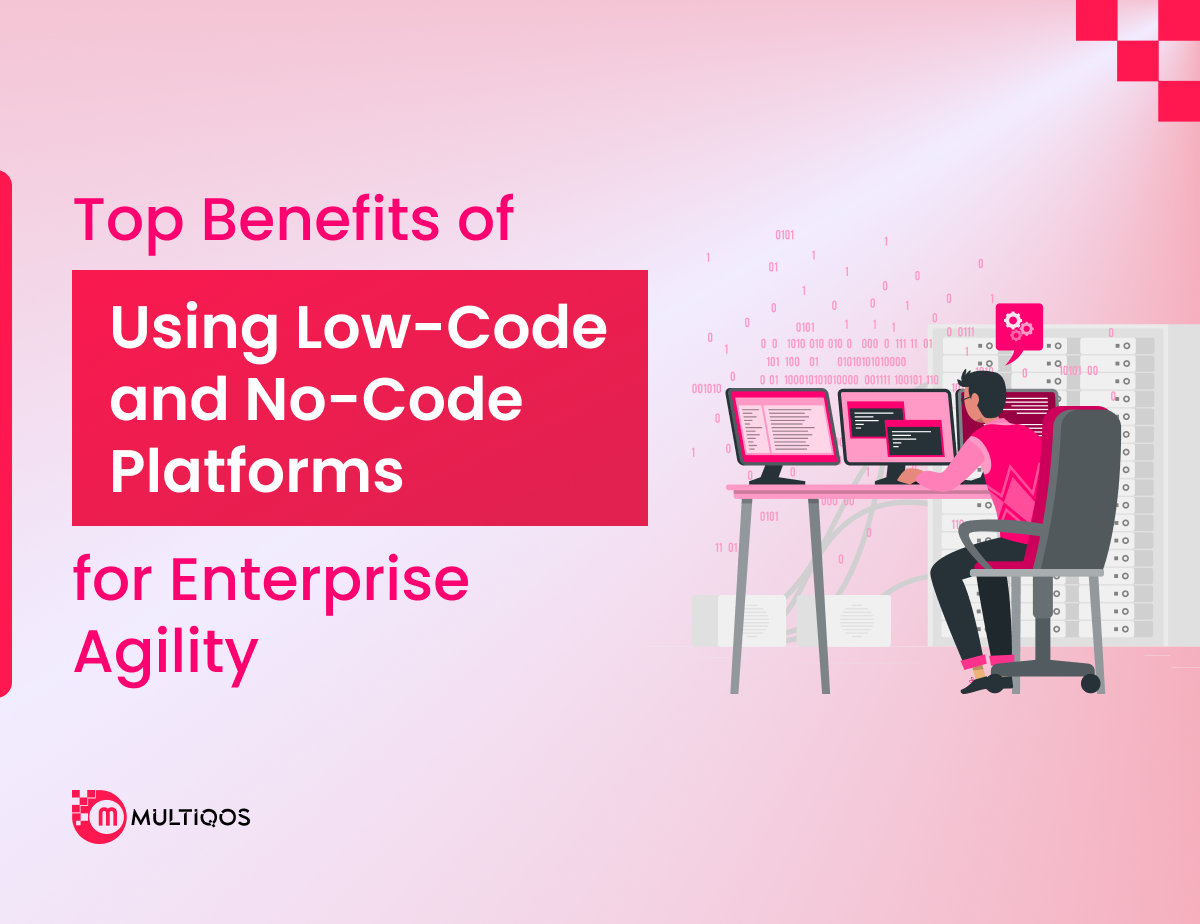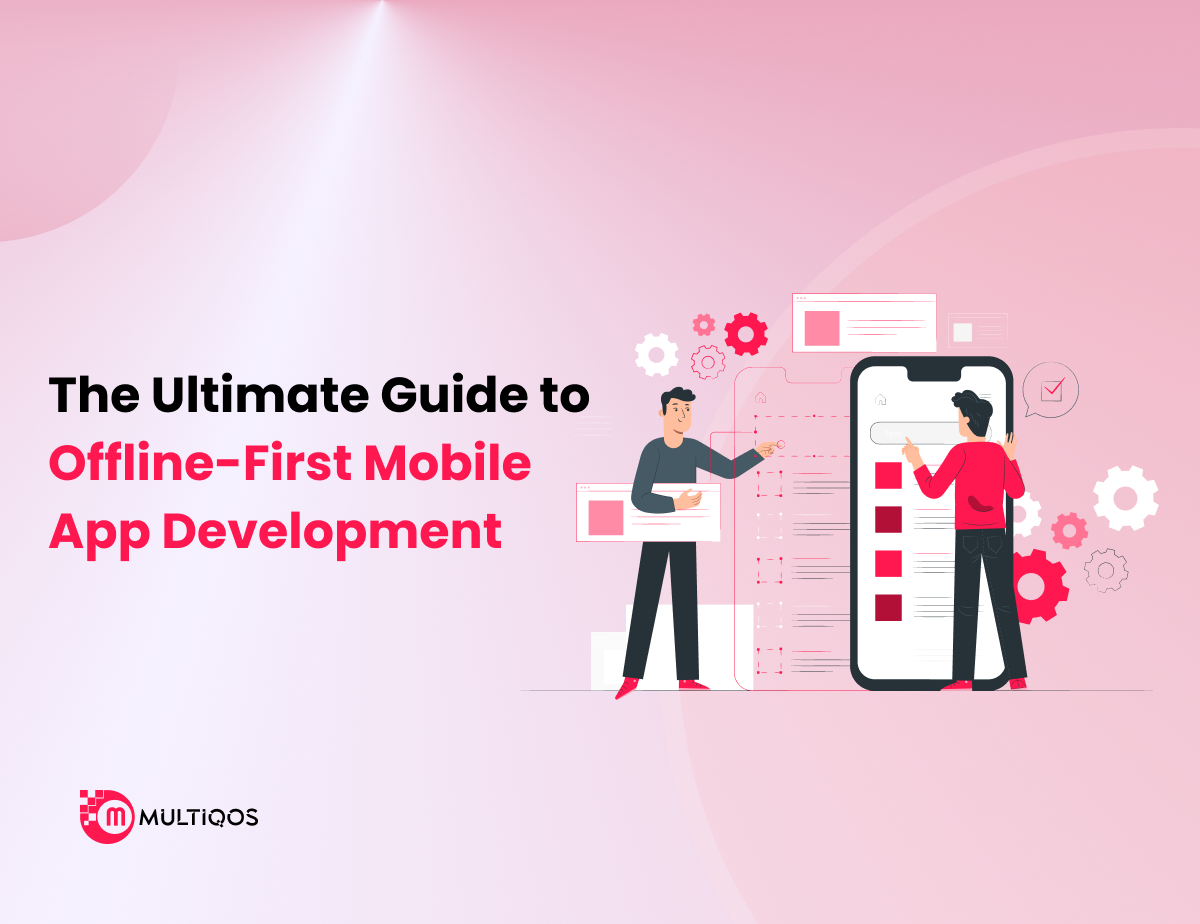The Complete Guide to Mobile App Monetization: Strategies
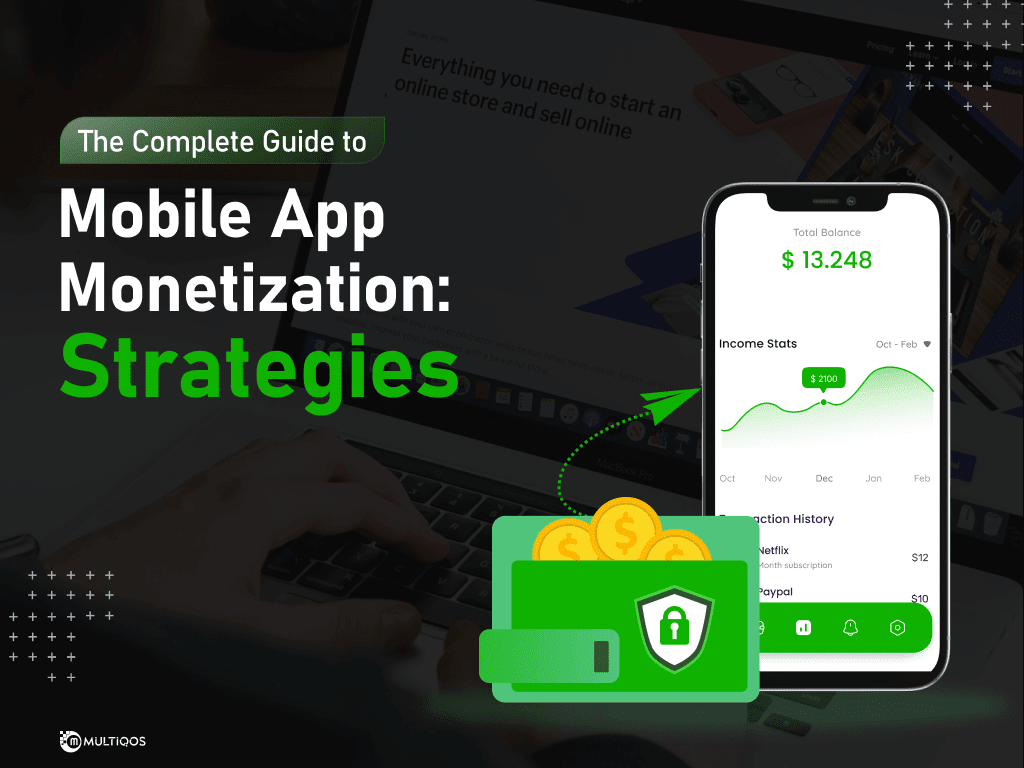
Overview
Right from social media to mobile games, anything and everything now depends on mobile apps. Studies show that people spend an average of 4.2 hours per day using mobile phones. Mobile usage has increased to 30%, given the impacts of the recent pandemic and lockdowns around the globe in comparison with 2019.
For mobile app developers, app monetization is probably the most crucial step toward the success of mobile app development.
Usually, mobile app monetization means the practice of charging money from the users for using the application. However, monetizing the app isn’t as easy as paying for it. There is an array of ways. Sometimes, different strategies create a solution that lets you earn money from the application without hampering its potential user base, growth, and usability.
What is Mobile App Monetization?
Before digging into the mobile app monetizing strategies and its model, it is necessary to know what mobile app monetization actually is.
Mobile app monetization is basically a way to generate revenue via the mobile application converted from the audience. The process includes several models that developers can integrate easily into the apps. Some of these models depend upon the app’s category, while others work primarily for the purpose of monetization. Since user experience can help gain customers‘ trust, the mobile app developers need to be aware of the ways to generate revenue at the time of mobile app development. So, hire app developers wisely.
Popular App Monetization Models and Strategies
Now let’s take a look in a detailed manner at the mobile app monetization format, which includes models and strategies. Here are three effective monetization models generally used for iOS app development, android app development, and react native app development.
eCPM – Effective Cost Per Mile Model
This model mainly depends on the advertisement monetization strategy that acts while the users take action towards them. This model gives insight into the total earning, denoting the revenue value that a particular ad generates.
CPA – Cost Per Action Model
This app monetization model acts on the app’s potential depending on the users’ actions. They can check the app, install it, subscribe to a service it provides, make in-app purchases, and more.
CPC – Cost Per Click Model
This is a combination of CPA and eCPM models as it counts the actions of the users on the mobile ads too. In this model, total ad spend is the amount the mobile app developers invested in integrating the ads into the mobile app. This model can attract several users and deliver a better ROI.
Mobile App Monetization Tips and Mobile Monetization Guide:
Here we will discuss some tips and strategies for monetizing mobile apps. There are mainly two categories: direct and indirect monetization, in which mobile application development companies generate revenue.
Direct Monetization
It is considered as the most popular method, and it can generate money directly from the app. The profit is usually generated directly from Google Play or Apple Store when users download your app from these platforms. Similarly, if a user purchases something by operating your e-commerce app, the sale of that particular transaction comes through your app.
Indirect Monetization
Among software products, this kind of monetization is prevalent. Here the app acts as secondary, and you gain profit regardless of the app’s usage. In this type, an independent service or any product comes along with the application making it more appealing to the users and adding a better experience with the potential user base. Thus, it will ultimately generate more revenue.
Now let’s take a look at the list of trends in mobile monetization.
Freemium
In this strategy, you offer free services at first, and gradually, you provide different versions of the application. Here you provide the basic features for free. To access the premium and more upgraded version, users need to buy the next-generation versions of the app where you offer better and advanced services without unwanted ads. Here, you can also provide a free monthly premium version and extend the free trials further. This can improve your conversion rates.
Paid Downloads
You charge a certain download fee from the users in paid downloads. It is a direct monetization strategy. However, you must lower the download cost to gain users’ interest. According to a report from Statista, the average download cost on the Apple Store is $4.37, and in Google Play, the amount is as lower as $1 and ranges below $5.
Subscription
You can generate recurring revenue by using this strategy. You can also earn from monthly and annual subscription fees other than a one-time download fee. This strategy is prevalent among freemium and multimedia apps like Apple Music and Netflix. You can offer various packages based on the content the users are accessing. This is beneficial for generating steady revenue and leverages even small businesses.
Advertisements
Revenue is generated through sponsored ads with this strategy. You can make your app free to increase the number of users. The more users you gain, the chances of gaining revenue through the ads increase. It is an easy-to-implement strategy through which you can earn passive income.
However, ad banners may hurt the user experience (UX) and make it tough to retain potential users. Try to put relevant ads and format your app correctly. Studies show that 78% of users get satisfied when they get relevant ads delivered.
In-App Purchases
This mobile app monetization strategy works for paid and free apps and can be applied for physical and virtual products. Gaming apps are the best examples of the in-app purchases strategy. Users become addicted to the games and spend money to buy lives, weapons, clothes, vehicles, etc., while using the app.
Recent studies say that PUBG creators have earned over $226 million, making it the highest-grossing game of May 2020. Other than gaming apps, you can imply this model to e-commerce apps.
Product Extensions
This type of indirect monetization strategy generates revenue from products, services, etc., other than direct actions in the app. Here, when a user downloads the software, they can use that software’s Android or iOS app for free. On QuickBooks, one can avail of such offers. This gives your app a significant edge in the market. Moreover, users like to access their data from anywhere from the mobile app.
Also Read: How Much Does Custom App Development Cost?
Do I Need to Monetize My App?
The answer is “yes.” Suppose you don’t implement a proper monetization strategy. In that case, your app won’t generate revenue. It would be difficult for you to recover the money, time, and resources you have spent during the mobile application development process. However, workplace apps don’t need monetization as you don’t charge your employees for using the app.
How to Choose the Right Monetization Model for Your App
When it comes to selecting the right monetization strategy for your iOS mobile app development or Android mobile app development, it is crucial to pay extra attention. Before choosing any model or strategy, you need to evaluate your KPIs like engagements, audience, capacity, types of services, etc.
You need to consider
a small checklist before diving deep into the app monetization strategies.
Understand Your Audience
Being aware of the user demands is the major part of the mobile app monetization strategy. Doing comprehensive research on the user’s expectations through several campaigns can help you get insights into the user’s expectations from your app. Understanding their demands and persona is the best way to know if and where they would be willing to invest in the app.
Grow Your User Base
It is imperative to grow your user base to get a top-quality mobile app with the best monetization strategies. The users’ impression of the app determines how much they are willing to invest in the app. Marketing channels need to have a customer acquisition strategy to increase the user base.
Unique Apps
Your app must be unique and stand alone in the crowd; otherwise, your audience will have no reason to spend money on your app. You should offer exceptional social media integration and many other interactive gigs to keep the users engaged and hooked to pay some extra money in the app.
Analyze the Competitors
Being aware of the competitors in the market is the major factor before applying monetization strategies to your mobile app. Your mobile app developers may create a unique app and spend to integrate monetization strategies. But if you are not aware of what your competitors are doing or offering to the same set of users, you cannot expect the desired amount of revenue from your app.
App Store Optimization
Mobile app store optimization is a major part that determines the marketing and success of the app. Store optimization makes your app more visible to the audience and increases the chance of gaining potential customers. Exemplary description, images, keywords, etc., holds a lot of importance when uploading an app to the store.
Launch the Monetization Scheme with the App
You mustn’t leave the monetization part to launch after the app is released. To generate maximum revenue, you have to make sure that the monetization strategies are appropriately applied to your app while you are launching the app. Otherwise, users may lose interest and won’t be paying for the app afterward.
Conclusión
You must have a good idea about the app monetization strategies by now. It’s time to market your app with a strong marketing strategy that contributes to a strong sales strategy. So, remember to integrate these two together to be successful.
While many of the strategies included in this blog represent revenue-building strategies, creating inbound app marketing strategies is essential. It’s all about creating great experiences to keep your customers coming back for more.
Looking for Dedicated App Developer?
We specialize in crafting top-notch custom mobile applications, with a focus on delivering a unique user experience.
FAQ on Mobile Application Monetization
There are several ad providers that can help a lot with mobile app monetization. To name a few:
- Google AdMob
- Facebook Audience Network
- MoPub
- Google Ad Manager
The sum of money earned by the developers or owners depends on the number of app users. The type of mobile app revenue models and strategies also determine the total revenue that an app can generate.
While developing a mobile app, the user must be aware of the changes they want to go through, including the mobile app monetization strategies.
The model must be included throughout the launch process rather than afterwards when the app is prospering in the market. The monetization model from day one gives stability in the market.
Get In Touch

